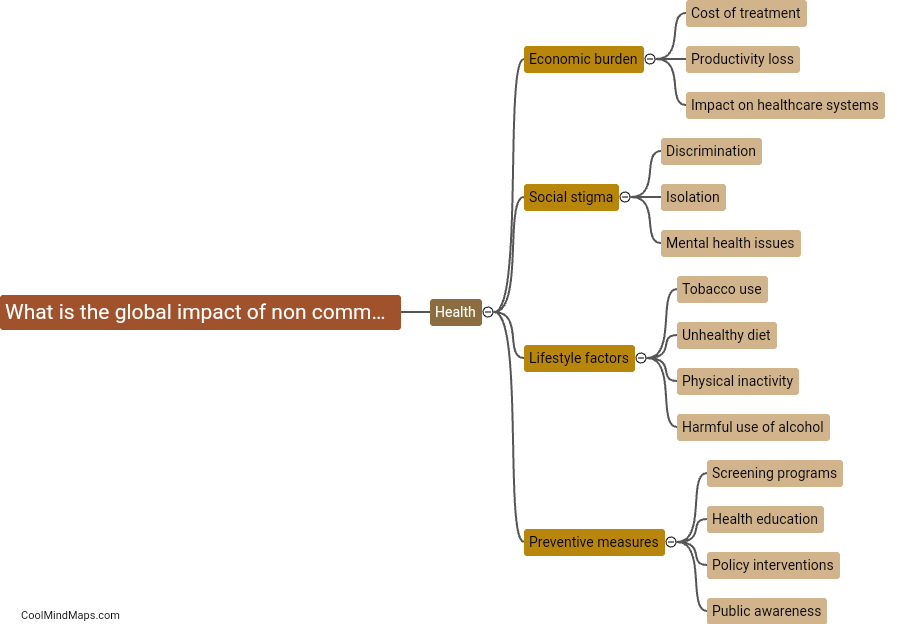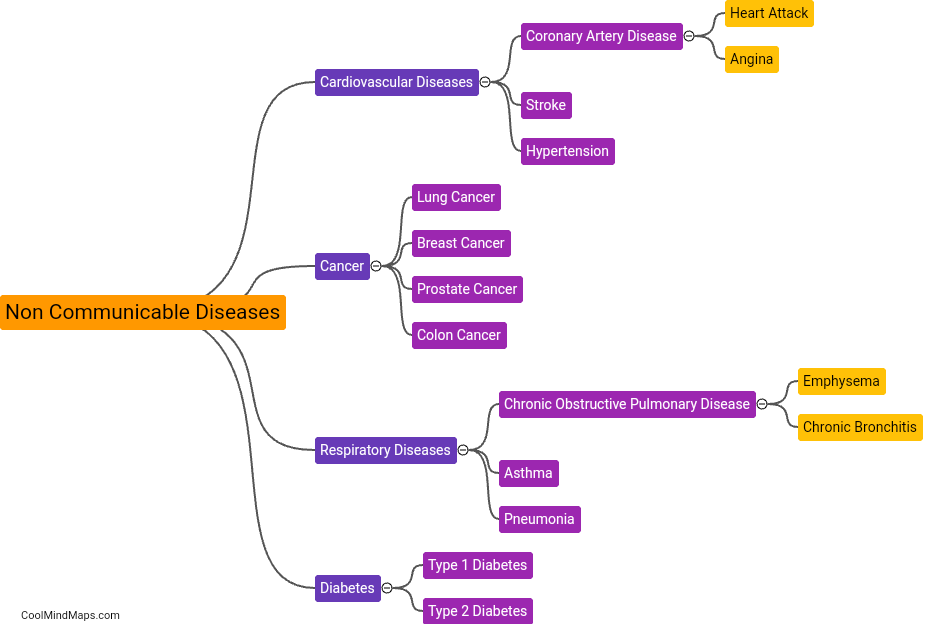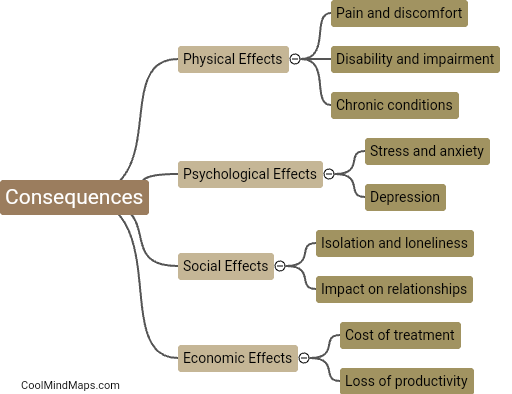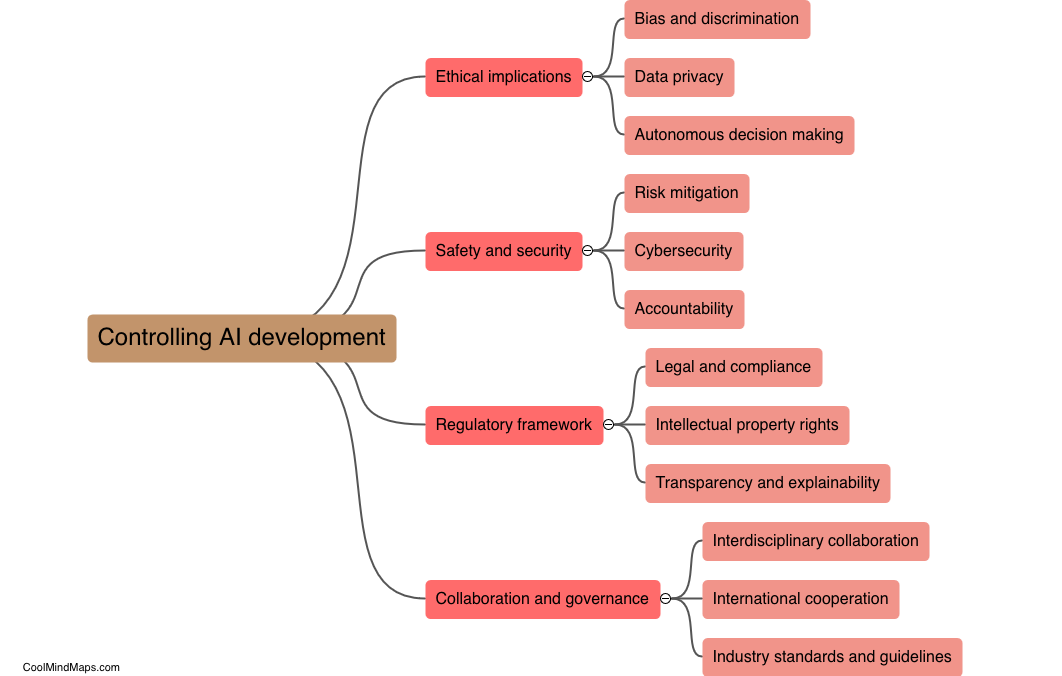What is the global impact of non communicable diseases?
Non-communicable diseases (NCDs) such as cardiovascular diseases, cancers, chronic respiratory diseases, and diabetes have increasingly become a significant global health concern. These diseases have a tremendous impact on individuals, communities, and economies worldwide. They are responsible for approximately 71% of all deaths globally, with around 15 million people dying prematurely (between the ages of 30 and 69) each year due to NCDs. The global impact of NCDs goes beyond the loss of lives; it also places an extensive burden on healthcare systems, reduces productivity, and increases healthcare costs. Developing countries face a greater challenge in dealing with NCDs due to limited resources, lack of healthcare infrastructure, and a higher prevalence of risk factors including tobacco use, unhealthy diet, physical inactivity, and harmful use of alcohol. Therefore, addressing NCDs is crucial for achieving sustainable development goals and improving global health outcomes.

This mind map was published on 3 January 2024 and has been viewed 92 times.











